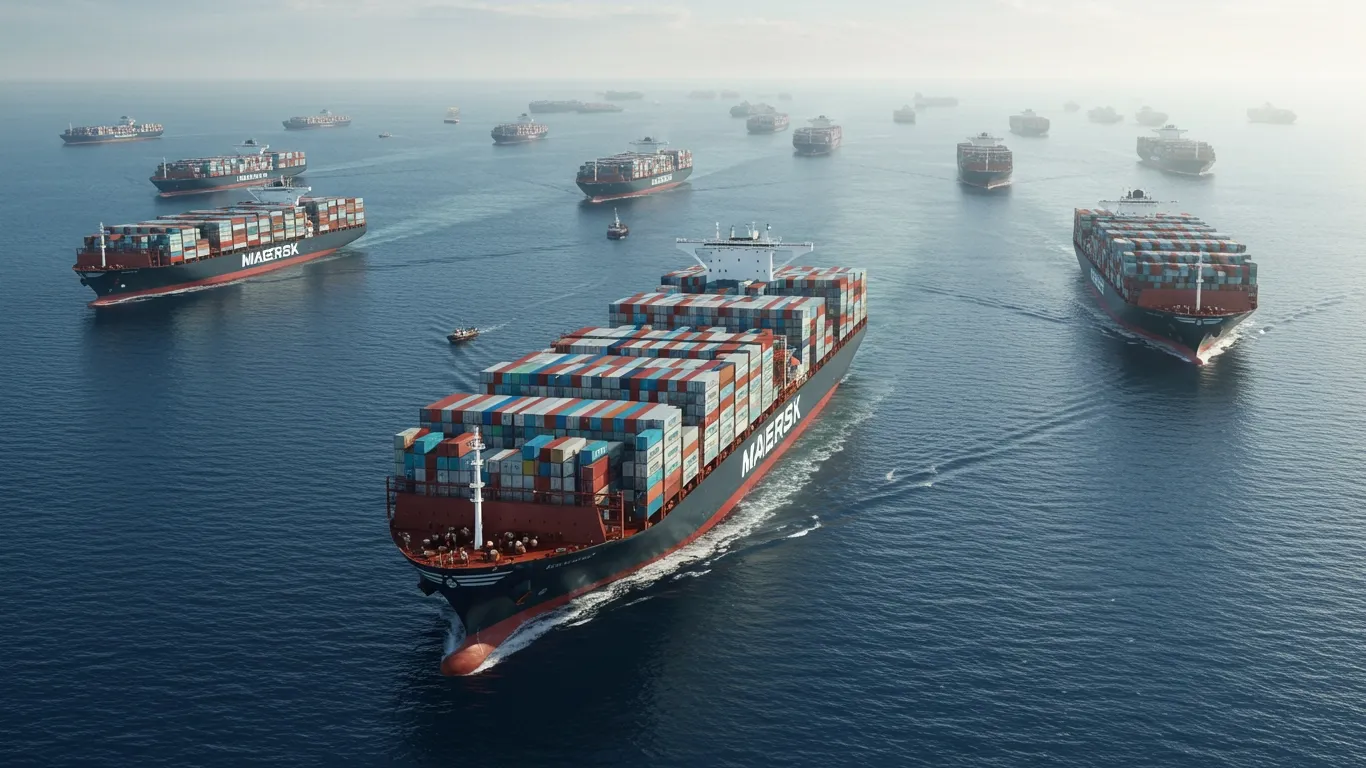Maersk raises profit forecast as global container volumes increase



Extensive global network connecting businesses worldwide with reliable logistics solutions.
Maersk operates one of the world’s largest integrated shipping and logistics networks, with a presence in over 130 countries and a fleet of more than 700 vessels transporting over 12 million containers annually. Its global coverage spans North America, Europe, Asia-Pacific, India, the Middle East, Africa, and beyond, supported by extensive port operations, ground freight, and supply chain services at scale.
Maersk’s strategic partnerships and alliances include the Gemini Cooperation with Hapag-Lloyd for global shipping operations, multiple collaborations with energy and technology firms such as Carbon Sink, European Energy, Green Technology Bank, and others to accelerate green methanol production and supply chain decarbonization, as well as a global Memorandum of Understanding with OCP Group to advance sustainable, resilient, and digitalized logistics solutions.
Strategic partnerships and alliances that enhance our global reach and service capabilities.
| Partner | Type |
|---|---|
| OCP Group | Alliance |
| HD Hyundai | Joint Venture |
| Sotraser Chile | Service Partner |
| European Energy | Alliance |
| CIMC ENRIC | Alliance |
Comprehensive range of logistics and transportation services tailored to meet diverse customer needs.
Recognition and achievements that demonstrate our commitment to excellence and innovation.
Strategic vision and future initiatives that will shape the next generation of logistics services.